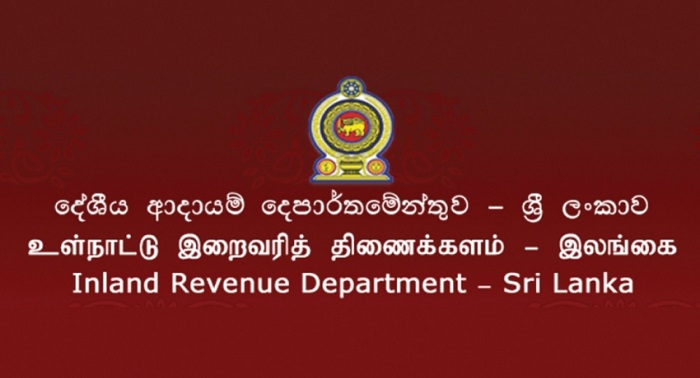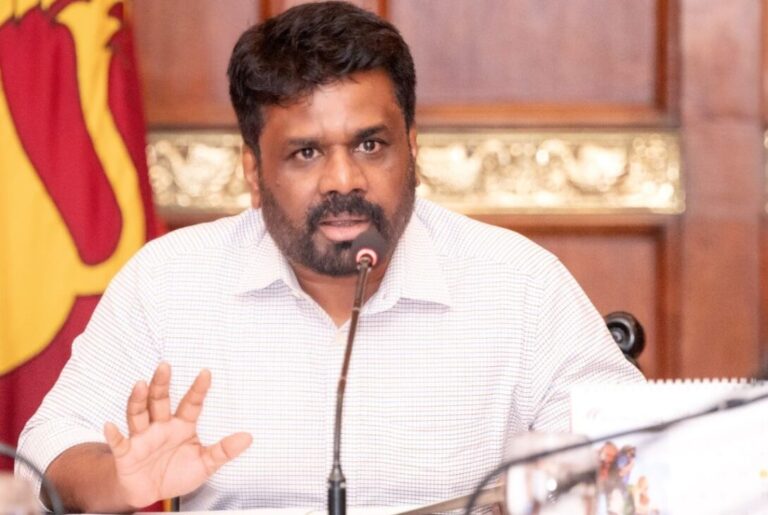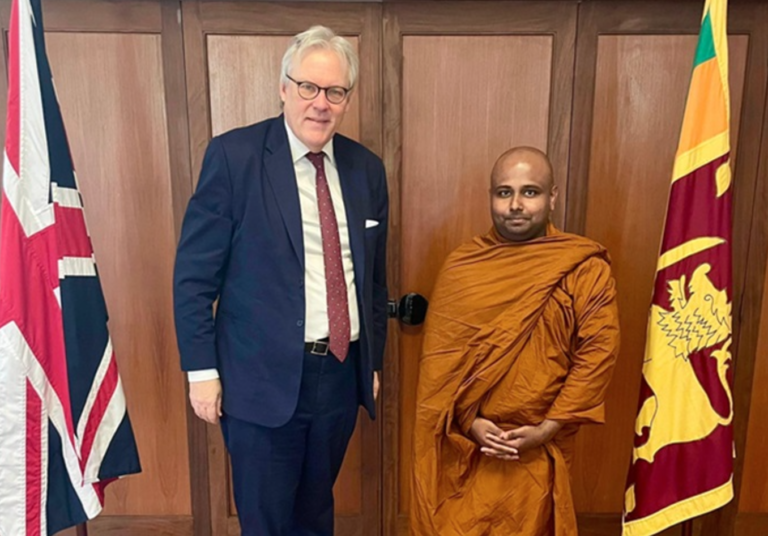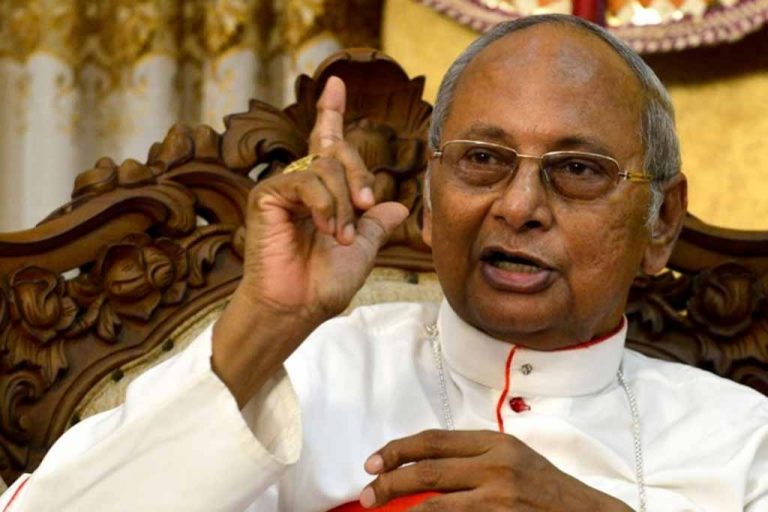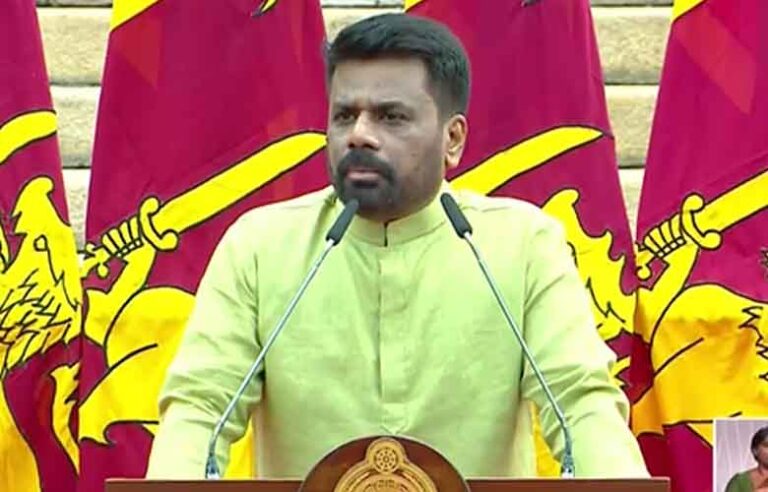By : Staff Writer
LNW (Colombo) : The effectiveness of the new Government’s policies to promote SME Exporters are hampered by the acts of Revenue Officers of the Inland Revenue Department.
Small & Medium scale Exporters have to pay VAT at source even though there Export Turnover is exempt from VAT. Once paid they have to wait years to claim their VAT refunds.
SVAT scheme came to effect to safeguard and to help them in their cash flows to promote more export business to bring valuable foreign currency to our motherland. SME sector is suffering from cash flows since our banking system too are not very much geared to support them. Unfortunately this VAT paid at source ( for their purchases to export) is not refund in reasonable time frame in Sri Lanka . Like in many developed countries. We have merely copy their systems and implemented here. This is another case of adopting laws of five Star economies and implement in 3 star or developing economies.
SME Exporters welcome the move by the new government to continue with SVAT scheme but inland Revenue officers are having a different view they discourage new SVAT registration of genuine Exporters. Other than all big Corporates & Big Exporters who look after them.
Thus creating almost monopolies in Commodity trade ( Tea & Rubber) prevent entries of new small time Exporters. Please note if we are to develop our economy we need to broad Base our Exporters. Otherwise this business is in the hand of few big Exporters. Who are registered with SVAT where they don’t pay VAT at source. Contradicting to the Small timers where they have to pay VAT and wait for refund which never happens with Sri Lankan Tax Authority.
Over to you Prsident as the Minister of Finance. Kindly expedite the registration of SVAT and look in to refunding the VAT paid by small timers . Where there is an immense pressure on their cash flows. This will eliminate them from competition.
Finance ministry is a joke in our country because same officials who shows their hands for abolishing SVAT now towing the line of the new Government policy of continued SVAT policy. But President be carefull can they be trusted to implement your policies. A question to Ponder.
Secondly the Inland Revenue Department. Classic case of tail wagging the Dog. They never support the Government policies. So how long the people have to wait and see the effects of new Government policies. Some unscrupulous officers are undermining the Government.
Kindly appoint qualified professionals with proven track record to sort these issues. But definitely not the academically qualified proffessors ( pothe Guras)

